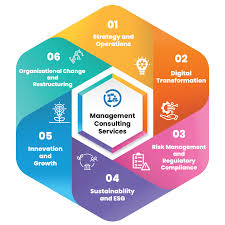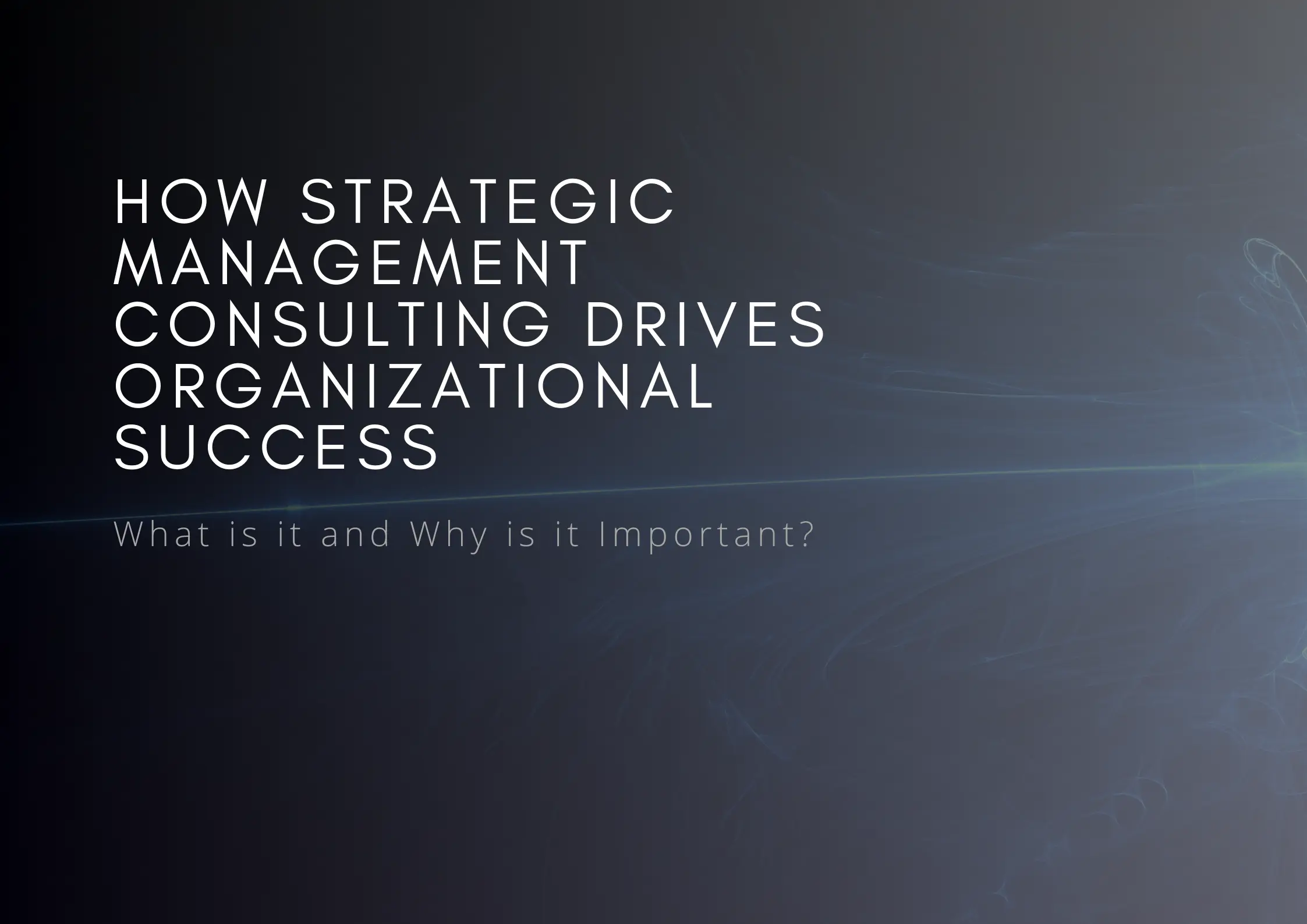Strategic management consulting is a professional service provided by consulting firms to support organizations in the formulation, refinement, and execution of comprehensive, data-driven business strategies. This involves conducting strategic assessments, competitive analysis, and market forecasting to align organizational objectives with sustainable growth initiatives, optimize resource allocation, and drive long-term value creation for stakeholders.
Definition of Strategic Management Consulting
Strategic management consulting is a specialized service provided by consulting firms to assist organizations in the formulation, execution, and optimization of long-term corporate strategies. These firms leverage their expertise and industry experience to address complex challenges across key domains such as corporate strategy, competitive intelligence, operational optimization, organizational transformation, and market entry strategies.

Key Elements of Strategic Management Consulting
1. Analysis and Evaluation:
Consultants conduct a comprehensive diagnostic assessment of both the internal and external business environments, utilizing frameworks like SWOT (Strengths, Weaknesses, Opportunities, and Threats) analysis. They evaluate competitive landscapes, market dynamics, and industry trends to identify strategic opportunities and potential risks.
2. Strategy Formulation:
Building on the insights derived from the analysis phase, consultants collaborate with senior leadership to design robust, actionable long-term strategies. These strategies often include growth initiatives, market diversification, cost optimization, innovation drivers, and other critical business priorities that align with the company’s objectives and long-term vision.
3. Strategy Implementation:
Consultants provide end-to-end support in operationalizing the strategic roadmap, assisting in the alignment of organizational structures, processes, and resource allocation. They play a pivotal role in guiding organizational changes, managing project execution, and establishing key performance indicators (KPIs) to monitor progress and ensure the realization of strategic goals.
4. Specialized Expertise:
Strategic management consulting firms often bring specialized knowledge in niche areas such as digital transformation, mergers and acquisitions (M&A), sustainable business practices, technology adoption, and regulatory compliance. These areas are critical to maintaining competitiveness in an increasingly complex business environment.
5. Client Collaboration:
Management Consultants forge close partnerships with client organizations, engaging in continuous dialogue to gain an in-depth understanding of their unique challenges and requirements. By providing a fresh, objective perspective, consultants offer tailored solutions that address the specific needs of the organization, while driving strategic alignment and fostering long-term success.
Providing Expert Insights for Informed Decision-Making
Strategic management consultants play a crucial role in enabling organizations to make informed, data-driven decisions by offering specialized knowledge and an objective external perspective. Their expertise allows businesses to view challenges and opportunities through a new lens, free from internal biases and assumptions. This external viewpoint often uncovers blind spots, enabling organizations to take proactive, informed actions that align with their long-term goals.
Strategic management consultants offer valuable, data-driven decision-making support, helping organizations align their strategies with long-term goals by analyzing market trends, competition, and internal capabilities. They assist in managing major transformations, such as mergers or technological implementations, ensuring smooth transitions by addressing resistance and fostering employee buy-in.
Consultants also focus on developing scalable growth strategies and applying forecasting and risk management techniques to drive long-term sustainability. Partnering with expert consultants enables organizations to remain agile, make informed decisions, and adapt to changing market conditions, ultimately securing a competitive edge and achieving business goals for sustained success.

